When it comes to buying a car, people often get carried away. They start dreaming about one car and end up buying many. This can be frustrating as car buyers are limited in their choices.
Buying used cars is another way of getting the car you want without compromising other things. Buying a used vehicle comes with its own set of risks and rewards. Researching the vehicle before buying it is vital to determining its history, value, and potential problems. While buying a used car is never ideal, it can be safer than a new one.
Buying used cars also allows you to drive away in your dream car more easily. We’ll cover what you need to look for in a used car and things to avoid. So, if you’re planning on buying a used vehicle soon, keep reading.
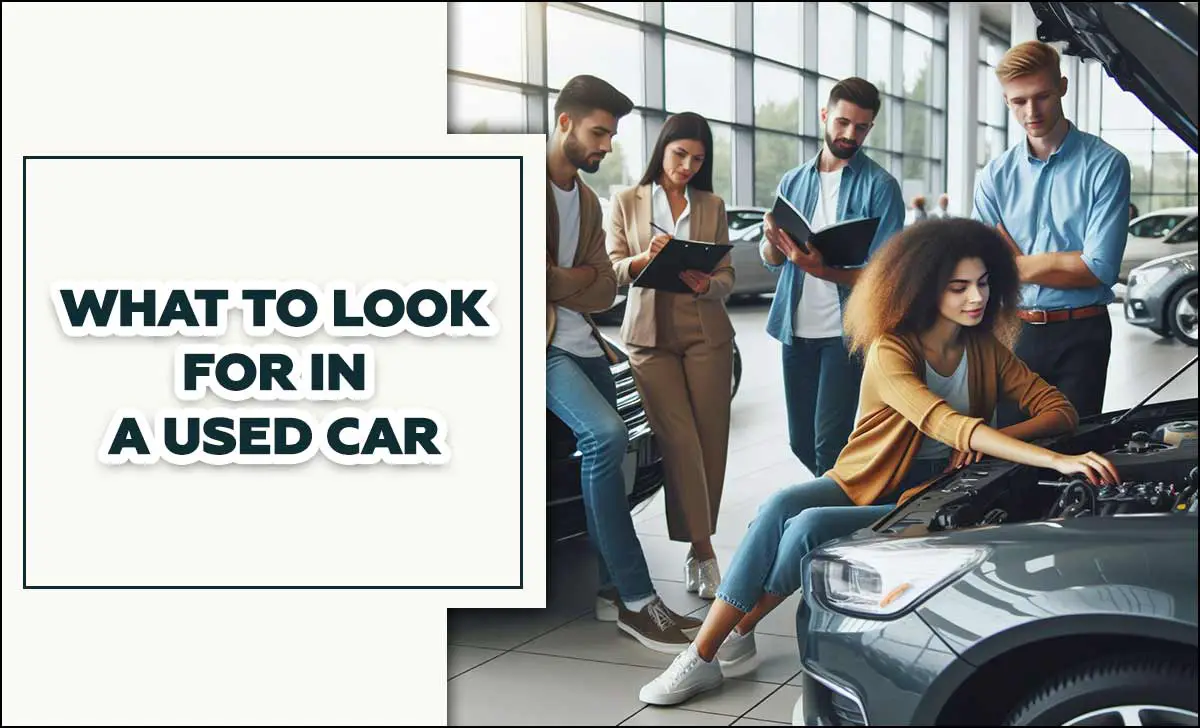
10 Things To Look For In A Used Car
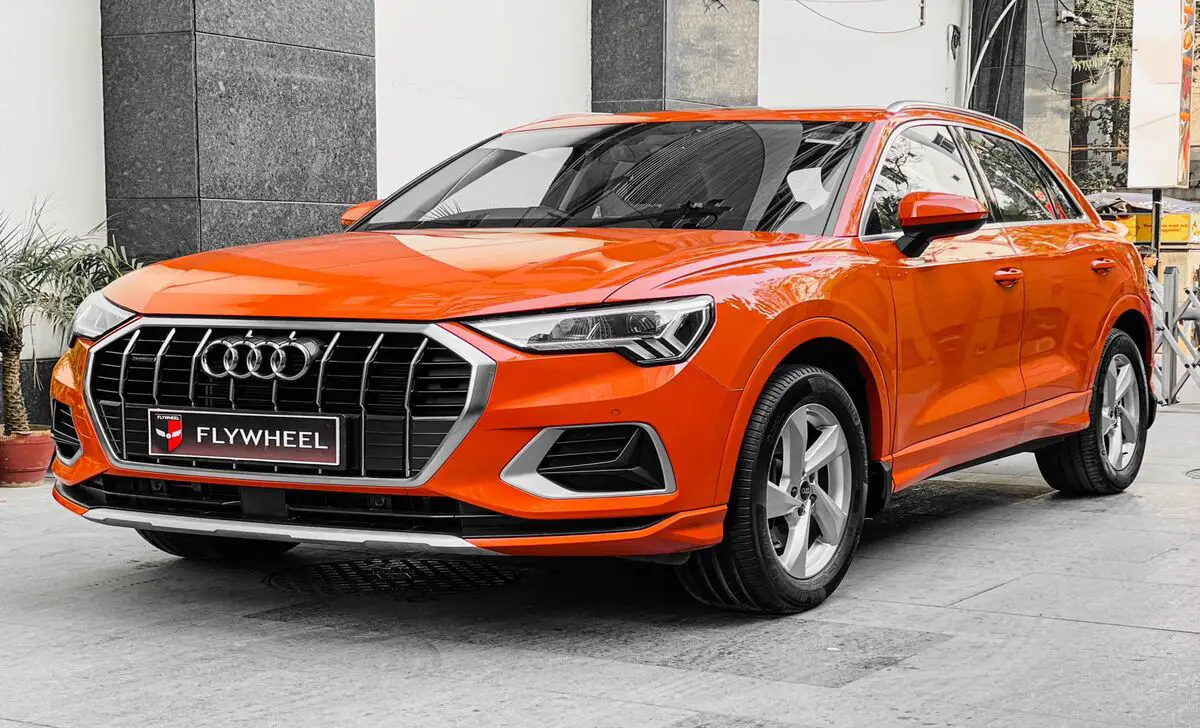
Before making a used car purchase, there are several factors to consider. Ensure the car has been well maintained and in good condition. Also, inspect the car for signs of mechanical problems such as a broken tail light or damaged wheels. Check the car’s mileage and history to ensure it is safe.
Also, check safety features such as airbags and seat belts to ensure they are operational and functional. Verify that the car has been properly title and registration checked before making a purchase. Lastly, compare prices and features of various used cars before making a final choice.
When purchasing a used vehicle, it’s important to ask questions about the car’s history and check with previous owners to get a feel for its reliability. Finally, inspect the car for hidden damage or defects. This will help you determine if the vehicle is worth buying or not.
1.Vehicle History
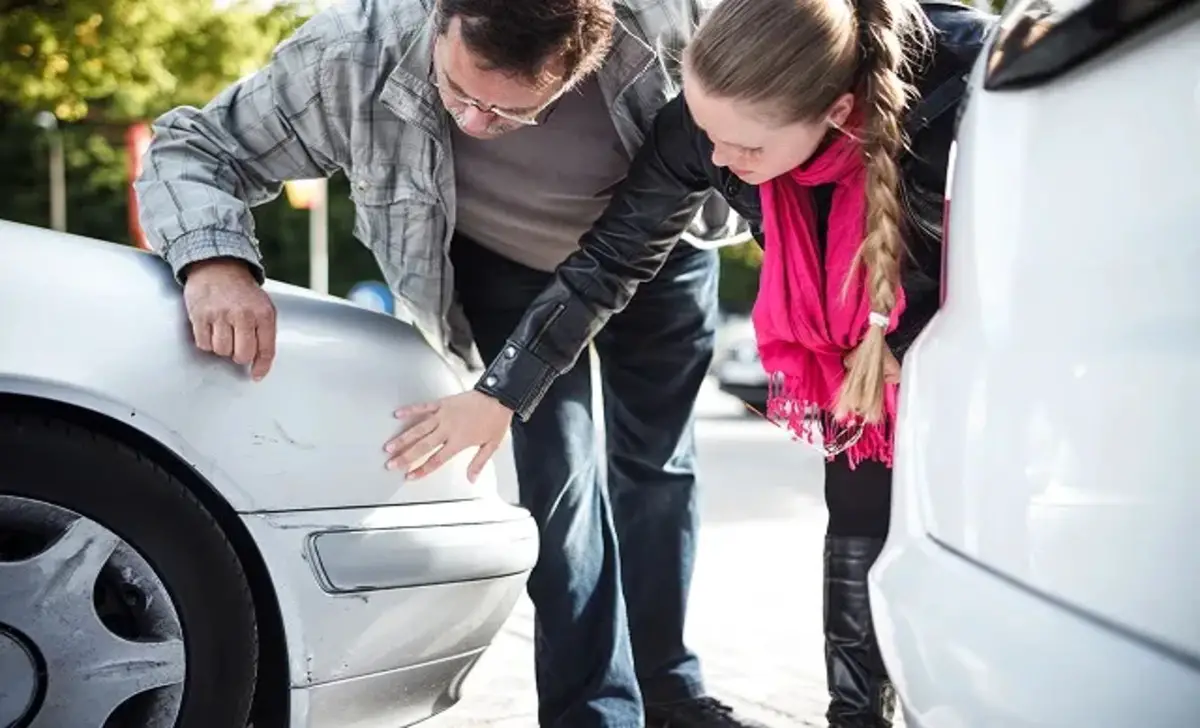
Before buying a used car, it’s important to research the vehicle’s history. You can find this information online or at the dealership. It’s crucial to check for any recalls or accidents you may have reported. Consider looking for any signs of wear and tear, such as dents or scratches.
Additionally, test drive the car to ensure it runs smoothly and is in good condition. Finally, inspect the car for damage that may have occurred after you sold it. This will help ensure you are getting a good deal.
2.Rust Or Paint Damage

Rust or paint damage on a car can indicate past accidents or poor maintenance. You must carefully examine the vehicle to determine the extent of the damage and whether any safety systems have been affected.
You must also test drive the car to ensure that it operates smoothly and that there are no strange noises or vibrations. Finally, ask the seller about any defects or accidents the car has been in. This will help you decide if this used car is right for you. Overall, it is vital to do thorough research before purchasing a used car to ensure that it is safe and reliable.
3.Frame Issues
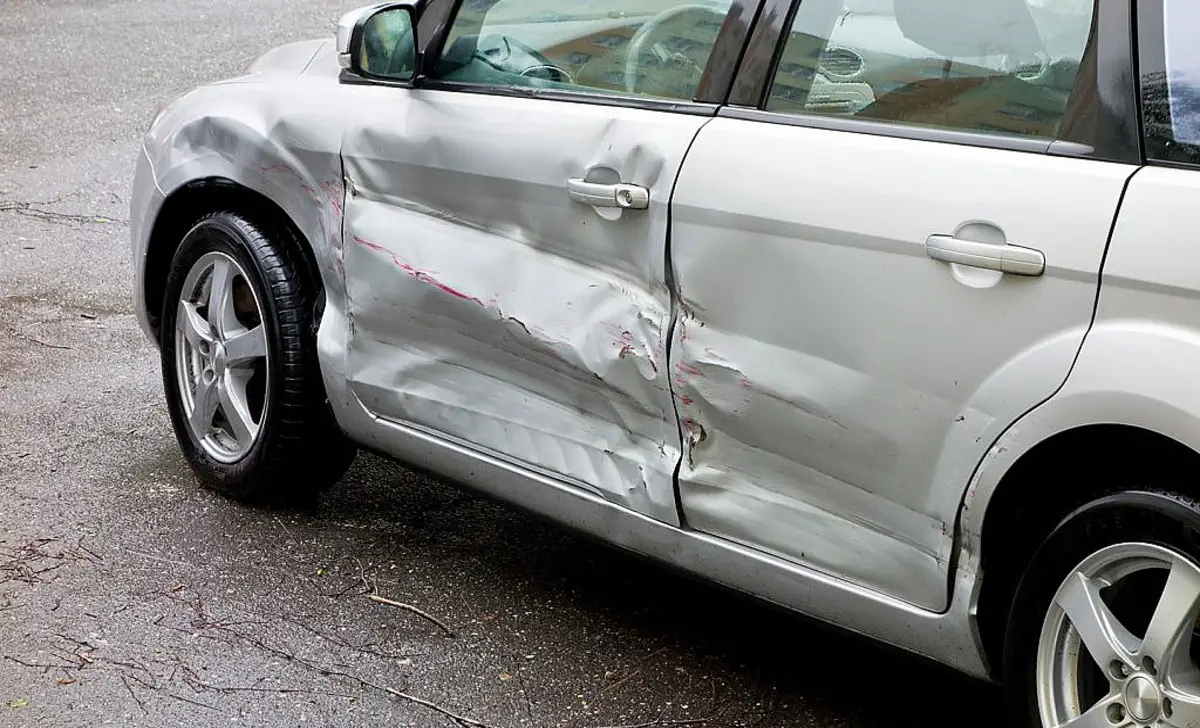
Frame issues can be detrimental to the performance and safety of a used car. Look for cars with straight and sturdy frames that have not been damaged in any major way. Check the roof, doors, and trunk for signs of damage. Also, test drives the car before buying it to ensure that it is in good condition and that there are no hidden issues with the drivetrain or engine. It is important to do thorough research before purchasing a used car to avoid buying one with serious frame issues.
4.Under The Hood
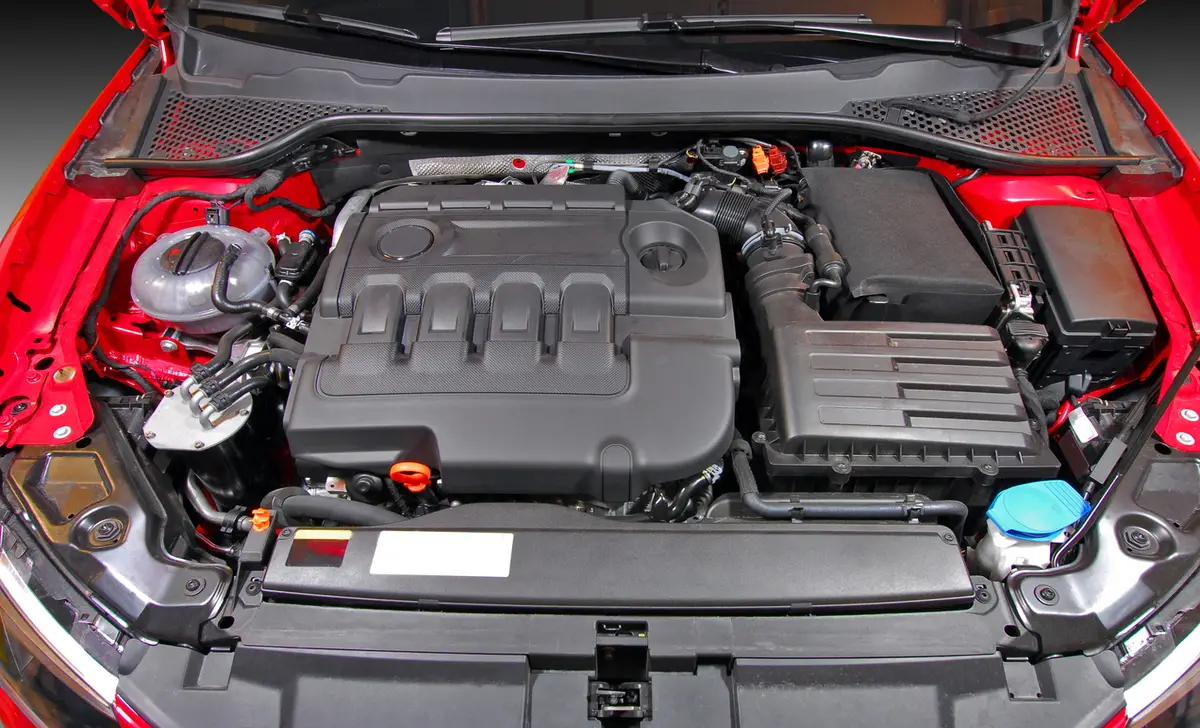
Under the hood, look for signs of engine damage or wear. Inspect the air conditioning system, stereo equipment, and other electrical systems. Also, test drive the car to ensure it runs smoothly and is in good condition. When shopping for a used car, it’s important to inspect the undercarriage. In particular, you should check for signs of damage and rust. You should also look for signs of wear and tear, such as rutting in the wheels.
5.Tire Condition
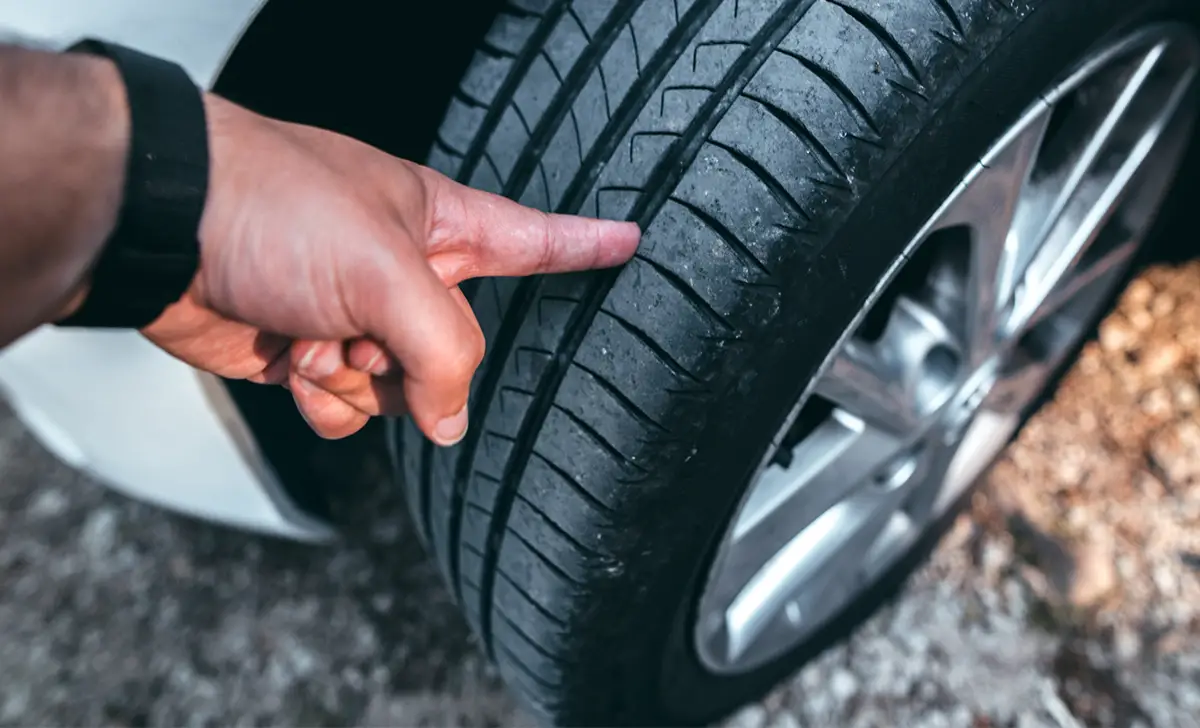
When shopping for a used car, it’s important to pay attention to the condition of the tires. Poor tire conditions can pose serious safety risks. Inadequate tire conditions can lead to dangerous driving conditions, such as poor vehicle handling and braking ability.
Additionally, it’s vital to inspect the car for signs of water damage, mechanical issues, and more. If you’re looking for a used car, do your due diligence before purchasing. This will help ensure you get the value for your money and make an informed decision about which vehicle is right for you.
6.Mileage
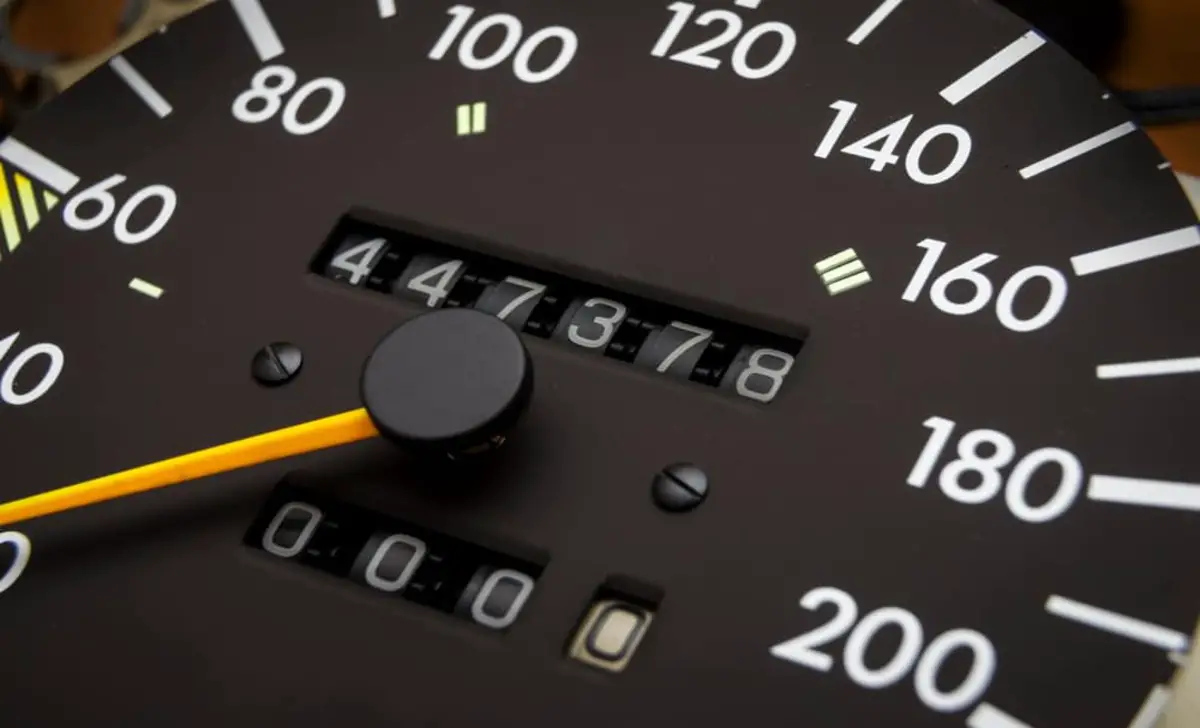
Mileage is one of the most important factors when buying a used car. You want to ensure the car has been driven relatively light duty and test drive the vehicle to ensure it runs well and is in good condition. Other signs of crash damage or mechanical issues can also cause concern.
So, it’s vital to test drive the vehicle and check for these signs before making a purchase. Sometimes, you may include a written warranty and insurance policy with the vehicle sale. These guarantees protect you from any risks involved with buying a used car. So, do your homework and find the right vehicle for your needs and budget.
7.Interior Electronics
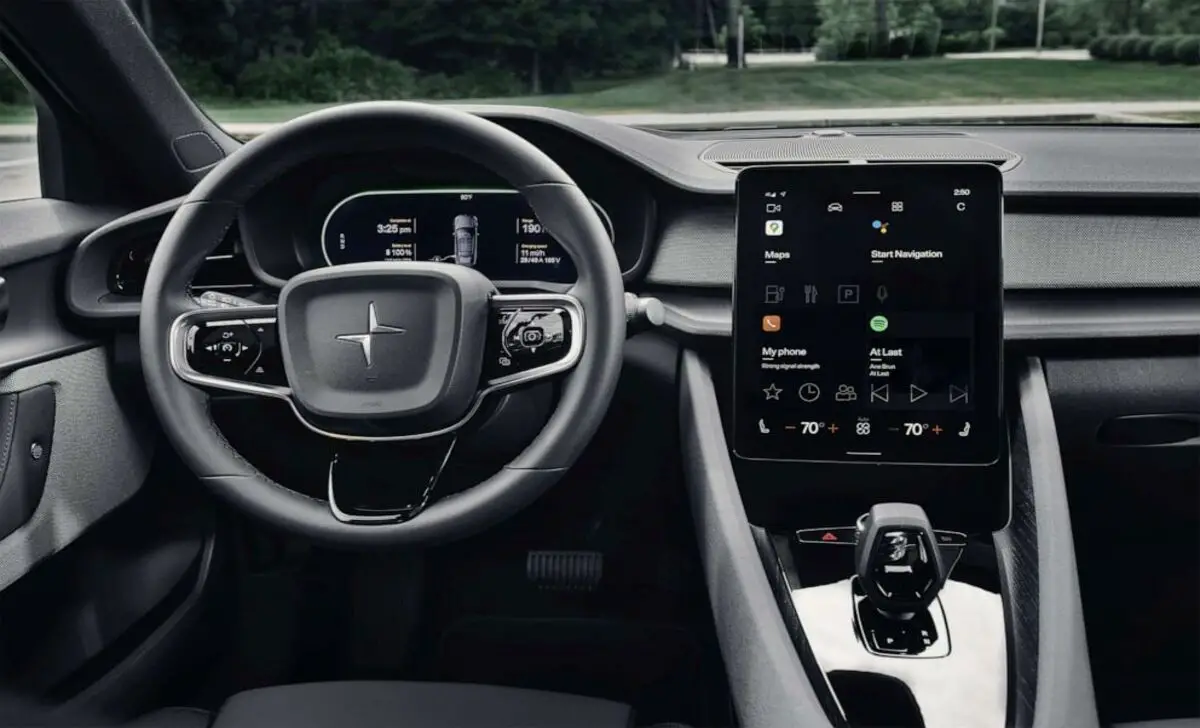
When buying a used car, it’s essential to carefully inspect the interior of the vehicle. Look for any signs of tampering or damage. You should also test the electronics in the car to ensure that they are working properly.
Test all of the electronics before you buy a used car so that you can be sure that everything works properly. This will help reduce the risk of car theft and accidents. Besides, it saves you from spending money on repairs down the line.
8.Upholstery
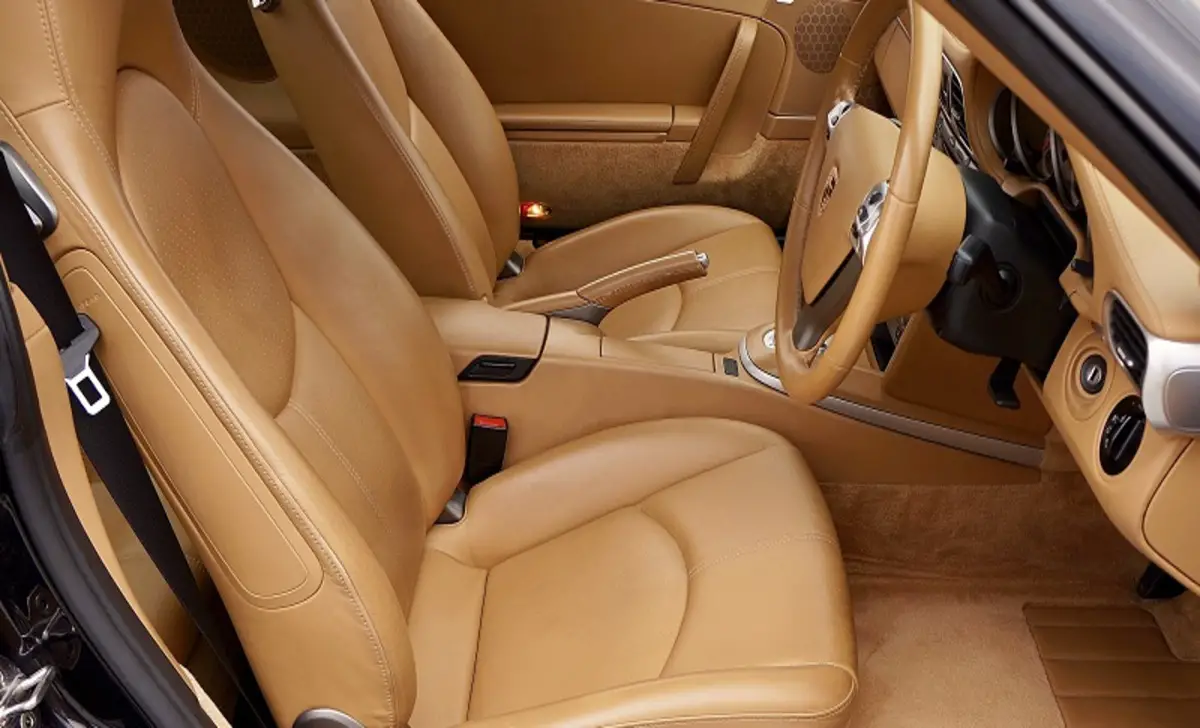
When shopping for a used car, it’s important to carefully check the upholstery, doors, and side panels for damage. Look for missing or damaged items, such as seat belts, headrests, or airbags. Also, test the brakes and suspensions to ensure they are in working order.
When test-driving a used car, test the lights and turn signals to ensure they are working properly. Finally, check all lights and turn signals to ensure they work properly. This will help ensure the safety of both you and the vehicle’s occupants.
9.Test Drive
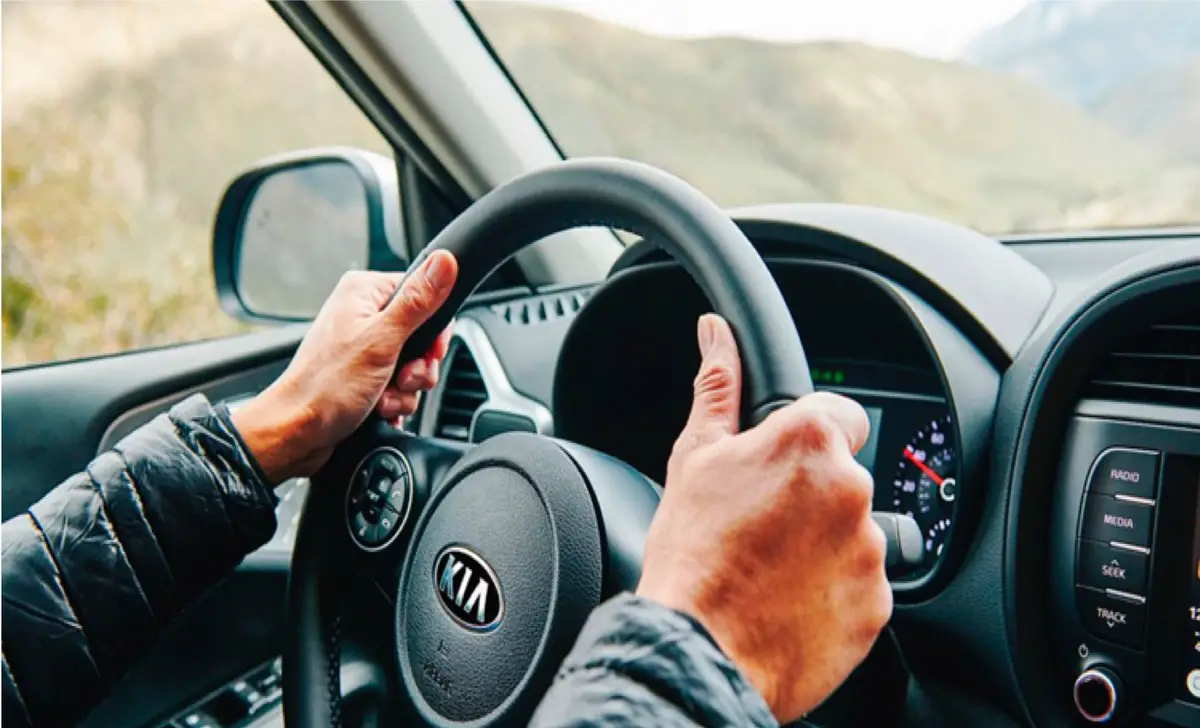
It’s important to test drive a used car before you buy it. Test driving a used car allows you to get a feel for the vehicle and its performance. You want to test drive the car at different speeds, weather, and road conditions. Additionally, it’s important to inspect the interior and exterior of the car for damage. You should also ask the seller about any mechanical issues that the car may have.
Finally, it’s important to check the car’s warranty and ensure that it covers the type of vehicle you are buying. You can ensure you get a good deal on a quality vehicle by test-driving a used car and doing thorough due diligence before buying it.
10.Mechanic Inspection
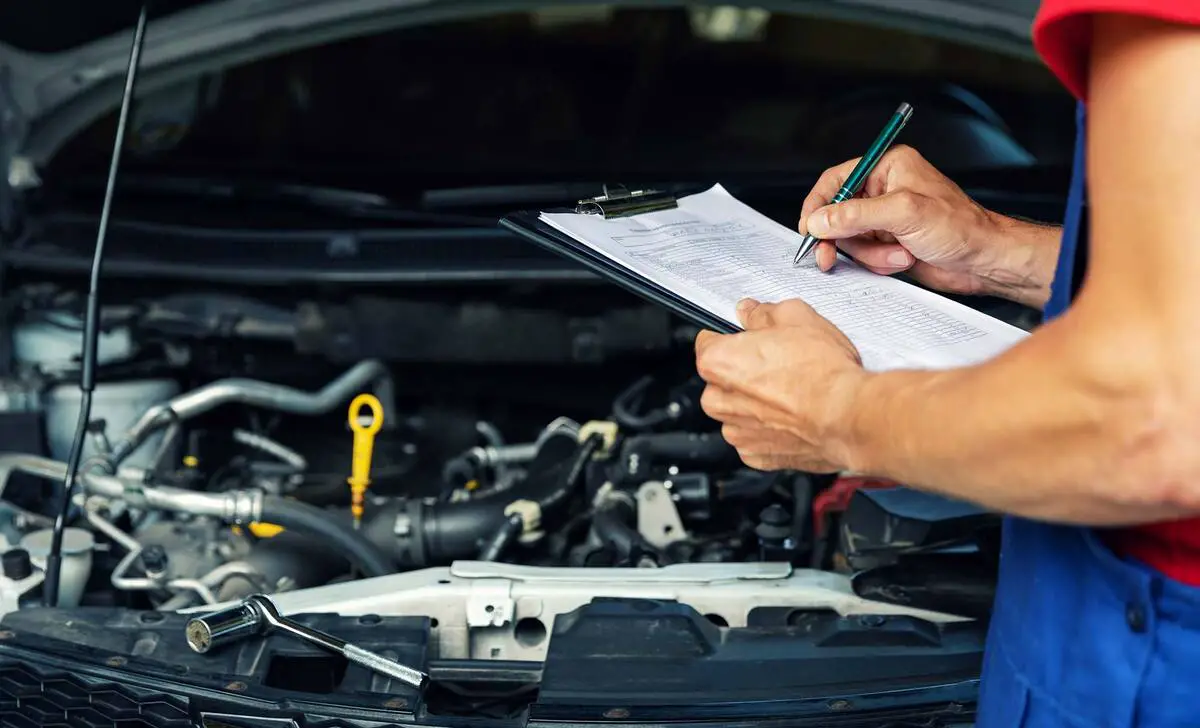
Before you buy a used car, it’s important to have it inspected by a mechanic. They will perform a thorough inspection, checking for mechanical problems and taking pictures of the vehicle. This will help ensure you avoid buying a car with major problems you may not know of.
Look for odometer reading, title and registration information, and a CARFAX report during the mechanic’s inspection. These critical pieces of information can help you determine the history and condition of the car. Additionally, keep an eye out for signs of water damage or corrosion.
Things To Avoid When Buying A Used Car
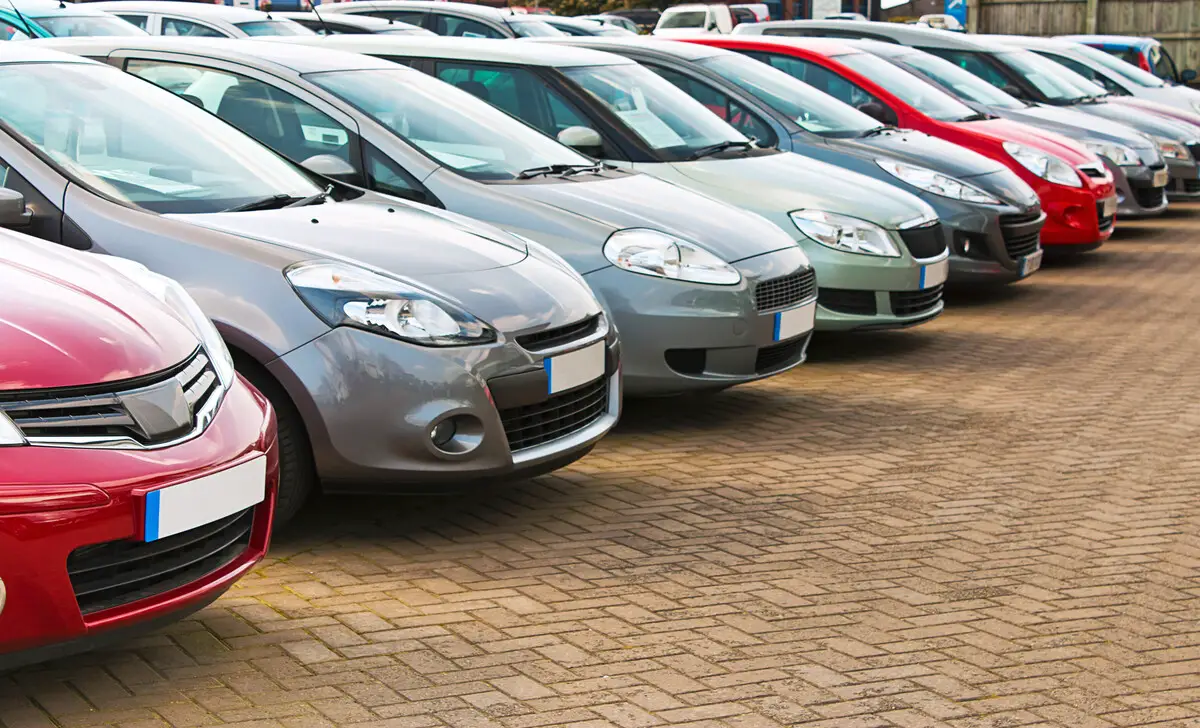
If you’re looking to buy a used car, there are a few things to avoid. Firstly, avoid cars that have been in accidents or have major mechanical problems. These can damage the car’s body and engine, making driving unsafe. Also, don’t buy a car if it’s not in good condition or the odometer has been rolled back. These signs indicate that the car has suffered from wear and tear over time, which could make it unsafe for you to drive.
Secondly, make sure the car’s title is clear of any liens or outstanding loans. This will ensure the car is free of any financial burden that may otherwise compromise its safety. As discussed above, use a CARFAX report to investigate the car’s history and find out if there have been any accidents.
It will give you insight into any repairs or modifications made to the vehicle and help you determine if it is safe to drive. Finally, get a Vehicle History Report to find out what has been done to the car, including any repairs or modifications. This will explain how the vehicle has been used and help you determine whether it is safe to drive.
Conclusion
Cars allow us to go where we want when we want, and on the roads we want. Another big benefit is that cars are a form of transportation that’s convenient and reliable. They’re often faster than other forms of transportation, which means they’re great for getting around quickly.
Plus, they’re usually safer than other forms of transportation because they have seat belts and airbags. Buying a used car can be a great way to save money and get a vehicle you’re comfortable driving without spending too much of your hard-earned money.
You must do your due diligence and get multiple quotes from used car dealers to ensure you get the best deal possible. Remember that used cars are like new ones, so you should test-drive them before purchasing. If you’re interested in learning more about car history, mileage, price, and more, check out our blog here.
Frequently Asked Questions
1.What Are The Main Things To Look For When Buying A Used Car?
Ans: When buying a used car, it’s important to inspect the vehicle thoroughly. This includes checking the car’s mechanicals and brakes and comparing the car’s price with similar models in your area.
2.What Are 5 Things You Should Think About Or Do When You Buy A Used Car?
Ans: When you’re buying a used car, it’s important to consider these five things:
- The age, make, and model of the car.
- Verify the car’s mechanical condition and history.
- Inspect the car for damage and signs of abuse.
- Ask the seller about any guarantees or warranties that are offered.
3.What Are Some Red Flags When Buying A Used Car?
Ans: When buying a used car, it’s important to do your research first and check its title and history. Ensure no liens or pending legal proceedings are associated with the car and that the vehicle has a clean title.
4.What’s A Good Mileage For A Used Car?
Ans: When shopping for a used car, it’s important to consider its mileage. Generally, you should avoid cars with higher mileage because they may be more than 10 years old and already have some major mechanical issues. You should also avoid cars with major accidents or recalls.
5.Should I Go To The Dealership Or Find One Online?
Ans: Typically, it is a good idea to go to the dealership when looking for a used car. Dealerships have a large inventory of used cars and can provide you with better service. Additionally, you may be able to find a better deal online if you are willing to wait for a few weeks.
